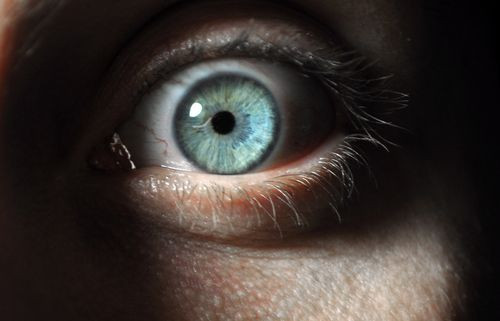Shock And Stress May Trigger Heart Attacks Due To Balance Between Hormones And Bacteria

It’s socially and culturally agreed upon that intense stress or fear could send you, at any moment, to your grave — a sudden and massive heart attack you never saw coming. Now science has some proof that the commonly held axiom is actually true, as a new study discovers hormones’ role in keeping the so-called bacterial peace.
The fact bacteria can play a role in triggering heart attack is a relatively surprising finding, according to the research team at Binghamton University. Within the walls of everyone’s arteries are thin layers of biofilm, which are resistant to antibiotic treatment and clearance by the immune system. But under extreme duress, such as the molecular signal from the hormone norepinephrine, these biofilms purge clusters of enzymes, which are capable of eating away at the barrier between harmful arterial plaque and the digestive system.
"At least one species of bacteria — Pseudomonas aeruginosa — commonly associated with carotid arteries in our studies, was able to undergo a biofilm dispersion response when exposed to norepinephrine, a hormone responsible for the fight-or-flight response in humans," said co-researcher David Davies in a statement.
To test their biofilm hypothesis, Davies and his colleagues isolated and cultured different species of bacteria from diseased carotid arteries removed from patients who had atherosclerosis. Results showed the bacteria’s presence, as biofilms, in every plaque-covered carotid artery the team tested. Operating with the knowledge that extreme stress can send these biofilms dispersing, they loaded silicone tubing with norepinephrine, to simulate a normal stress response.
Sure enough, the biofilms dispersed according to their hypothesis. What’s more, Davies said, if the arterial plaques released after this hormone surge cause a large enough blockage, the entire cascade could end in a fatal, full-scale heart attack (although the team did not test their hypothesis in vivo.)The study is the first, he added, to show biofilm bacteria within an arterial plaque deposit.
The research suggests that the overall pathology of atherosclerosis should include bacteria, and that management of bacteria within arterial plaque lesions may be as important as managing cholesterol. “The results from this study add another potentially significant contributing factor to the biology of the arterial plaque environment,” the team concluded.
Source: Lanter B, Sauer K, Davies D. Bacteria Present in Carotid Arterial Plaques Are Found as Biofilm Deposits Which May Contribute to Enhanced Risk of Plaque Rupture. mBio. 2014.



























